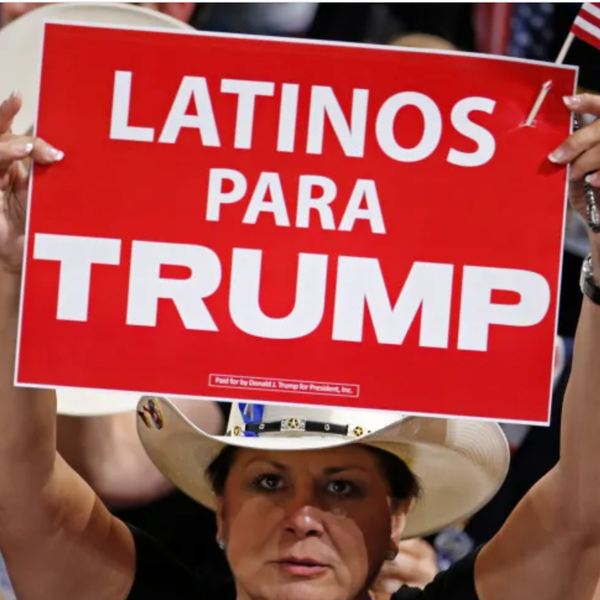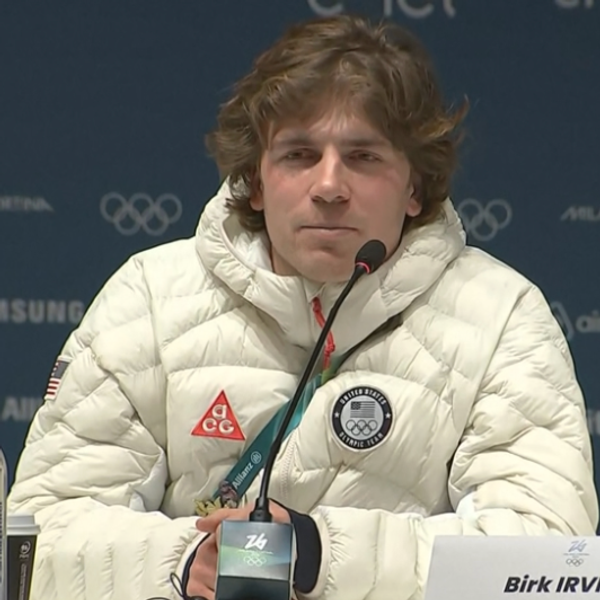
By Jonathan Bernstein, Bloomberg News (TNS)
This week’s tempest on the trail of possible Republican presidential nominees has been New Jersey Gov. Chris Christie’s seemingly weak defense of vaccinating American children. By calling for “balance” in government policy, and saying that “parents need to have some measure of choice,” Christie was blasted by both liberals and conservatives. By late Monday morning he seemed to be backing off his comments.
But Christie’s apparent attempt to appeal to vaccination opponents, while a surprising strategy for a governor in a densely populated state, is consistent with a plausible Iowa caucus strategy: an attempt to lock up a small faction of voters.
It’s hard to know exactly why a presidential contender makes any particular comment. Yet one challenge for candidates, especially in a large field in a mostly unified party, is how to differentiate themselves if they share positions with their rivals on every important issue — as most Republicans do in the 2016 cycle. This devolves into petty arguments about which candidate is most adamant on, say, opposition to Obamacare.
That situation is even tougher in Iowa. Mike Huckabee, for example, may have won the Republican primary in the state in 2008 by winning the support of Christian home schoolers — not a huge constituency, but big enough when 34 percent of the vote (and only 41,000 voters) was enough for a solid victory.
The problem with that strategy, however, is that finishing first in Iowa over a fractured field isn’t enough to propel a candidate to the nomination. The parties, not the voters, are the major players. Doing well in early contests can matter to party actors, but only if they are otherwise open to the candidate and if their main concern is electoral success. (Thus, Democratic party actors were especially impressed with Barack Obama’s Iowa victory in 2008, while being convinced that Howard Dean’s failure there in 2004 showed he had no special electoral magic.)
Still, differentiation is a solid strategy — so long as it increases a candidate’s chances with one group but doesn’t risk alienating the bulk of the party. Whatever happens with Christie and measles, expect more of the same from the large Republican field. The candidates are going to be desperate to find a way to stand out from the pack, and they may try some pretty nutty gambits to do so.
Old-timers will recall a spirited fight between Walter Mondale and Gary Hart in 1984 over which of them declared his support for a U.S. embassy in Jerusalem first, a particularly silly argument given that neither of them would have carried out that pledge (which is always embraced by candidates, but not by presidents) had he been elected. In the 1970s, when the nomination system was new and party actors hadn’t learned how to deal with it, things were different. Jimmy Carter’s Iowa “win” (he actually finished behind undecided voters) was central to how he won the Democratic nomination in 1976. But those days are long gone.
Jonathan Bernstein is a Bloomberg View columnist. Readers may send him email at jbernstein62@bloomberg.net.
Photo: Gage Skidmore via Flickr








